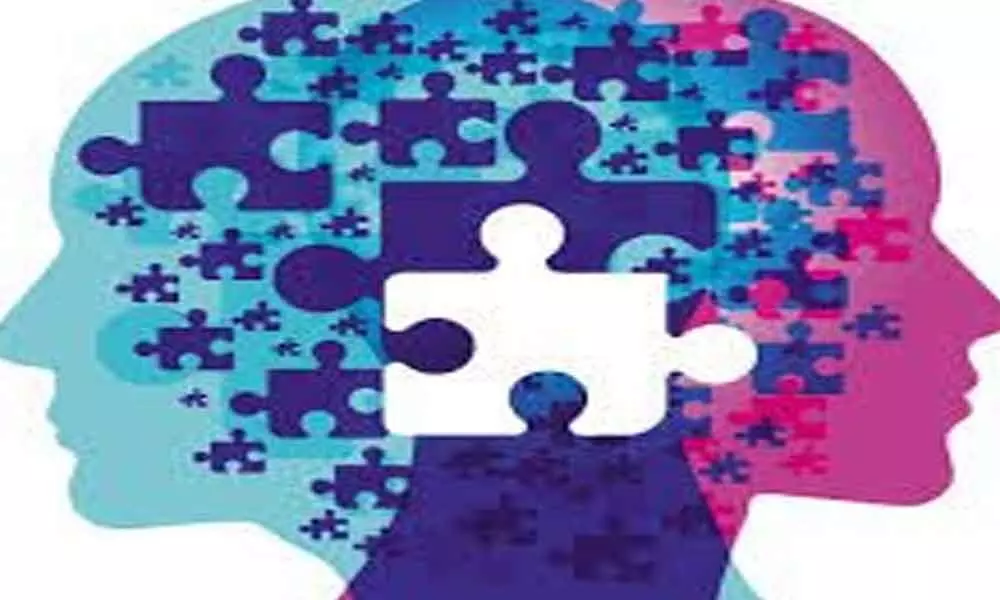Adapting to healthy habits benefits in tackling stress

As suggested by neuroscientist Dr Selena Bartlett, we can train our brain to tackle the stressful situation by inculcating many healthy habits.
Wellington [New Zealand : As suggested by neuroscientist Dr Selena Bartlett, we can train our brain to tackle the stressful situation by inculcating many healthy habits.
According to Dr Bartlett, who has been mapping the way our brains react to stress for the last 25 years as a researcher, our brains often deal with stress and trauma through addictive behaviours such as the consumption of sugar and alcohol, reported Stuff.co.nz.
The Queensland University of Technology researcher also said that the first step towards attaining a peaceful mind is to understand that you can 'train your brain' to handle stress efficiently.
"People are just using alcohol and sugar as medication and I can't keep designing a medication for a medication. My lab looks at the capacity of using neuroplasticity, which is the ability of the brain to change itself, to help to reduce the impact of that stress and trauma on the brain and to use the power of the brain to drive in healthy habits," Dr Bartlett, who develops drugs to treat addiction, said.
Adding that creating even the most basic healthy change takes time, she said: "Only when we start to become aware of our automatic, often unhealthy, responses to stress, then we can start to rewire them."
"However, you can actually train the brain by doing small things every day, like how you wake up in the morning, what you eat, the exercise that you do, sleep and water," she added.
Dr Bartlett further said that prolonged over-consumption of sugar acts on the amygdala, emotional part of the brain, in a way that makes the brain more reactive to stress.
Emphasising that one should understand that our brains process negative over positive information, the researcher said: "Gratitude works. When you wake up in the morning, set up your brain in a positive direction so it will start to take in more positive information than the negative ones."
"We can train our brains to become more resilient by using the principles of neuroplasticity. We can also teach ourselves to take a healthy path to stress-management rather than relying on substances," she added, according to Stuff.co.nz.
Asserting that simple changes have transformed her capacity to cope with stress, Bartlett said: "I'm the happiest I've been. I can still get triggered by things because we all do and that's life. However, now I know how to handle stress in a way that I have control over it."









